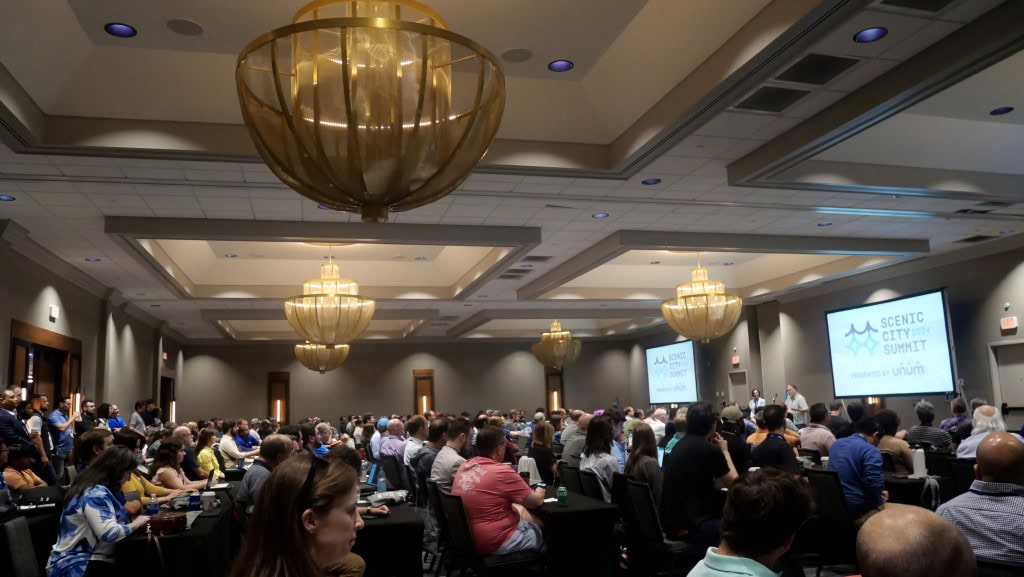So I was blissfully reading the twitter feed when @Tim_Mitchell tweeting the following article Consultants are pros, while corporate IT staff are minor leaguers by Erik Eckel, that for some reason seems to exist to feed the need that IT staffers have to despise consultants who come in and are listened to, often when there are hyper qualified IT staffers already employed that could be doing a great job but are too busy dealing with past failures, sometimes their own,and sometimes by consultants. To be fair, he makes some good points, but the comparison he makes misses the mark (and not just because minor leaguers are pro ball players as well, so consultants could be all single A level talent and IT staff AAA players.). IT staffers are definitely a different sort compared to consultants, but the difference is certainly not one of level.
The fact is, consultants are the journeyman players while IT staffers are the players that stick with a team for long stretches, even until retirement. There are top level folks of both styles. I am football sort of guy, so I will equate IT staffers to players like Bruce Matthews who played 19 seasons for the Houston Oilers, Tennessee Oilers, and the Tennessee Titans (technically the same team with a name change), or even Peyton Manning who has been with the Indianapolis colts for over 12 seasons now. They work with the same team, desiring to make their team the best. Manning even stayed on for his senior year at Tennessee because he was such a loyal teammate. In fact, most of the truly beloved and great players only played on a few teams: Terry Bradshaw, Jim Brown, Marshall Faulk, Roger Staubach, Emmitt Smith, Tony Dorsett, Joe Montana, Jack Youngblood (who once played on a BROKEN LEG!), and I could go on.
Contrast that with players like Deon Sanders, who was one of the great players, but with Atlanta Falcons. San Francisco 49ers, Dallas Cowboys, Washington Redskins, and then the Baltimore Ravens. Or Terrell Owens, who has also played for five teams. Chris Chandler played 17 years for 7 different teams. Morten Anderson, another great player ( a kicker), played for six. One of the most amazing journeyman records is for Matt Millen who has Matt Millen has 4 Super Bowl rings from three different teams. Two with the Raiders, and one each with the 49ers and the Redskins (all teams I hate, pretty much.)
The fact is, all of these players were great. The long term player, the ones who moved around. Each played a completely different kind of role. Long term players anchor a team and provide consistency. Shorter term players fill gaps that a team needs but cannot get themselves.
As such, a great IT staff is ideally made up of strong professionals who are great at what they do. I write a blog series on simple-talk.com dedicated to what counts for a great DBA. The point of it is to point out what makes up the great IT staffers that I have worked with over the years, and have heard about from others. I am an IT staffer, and I work with and have worked with some really great IT staffers. And honestly I have seen my fair share of great IT staffers become consultants, not graduating to a different level, but looking for a different challenge.
On the other hand, a good consultant has to have a breadth of knowledge that is going to be greater than the IT staffer. And there will be challenges that are greater than IT staffers at times. A great consultant is worth their weight in gold. Recently, I needed to redesign our data warehouse, and I asked to hire a consultant (Jessica Moss, who did a masterful job!) to come in and help us out. She came in and augmented our skills and helped us deliver a great product.
The biggest difference between IT Staffers and consultants is in longevity. We IT staffers have to deal with the outcome of projects for years to come. Consultants get to move on. There are terrible IT staffers, and there are terrible consultants. And I have run into both, pretty much in equal measures. The biggest difference? Usually the IT staffer knows how bad they are because they are there to live with the results…or sometimes the move on for the very same reason…





Load comments